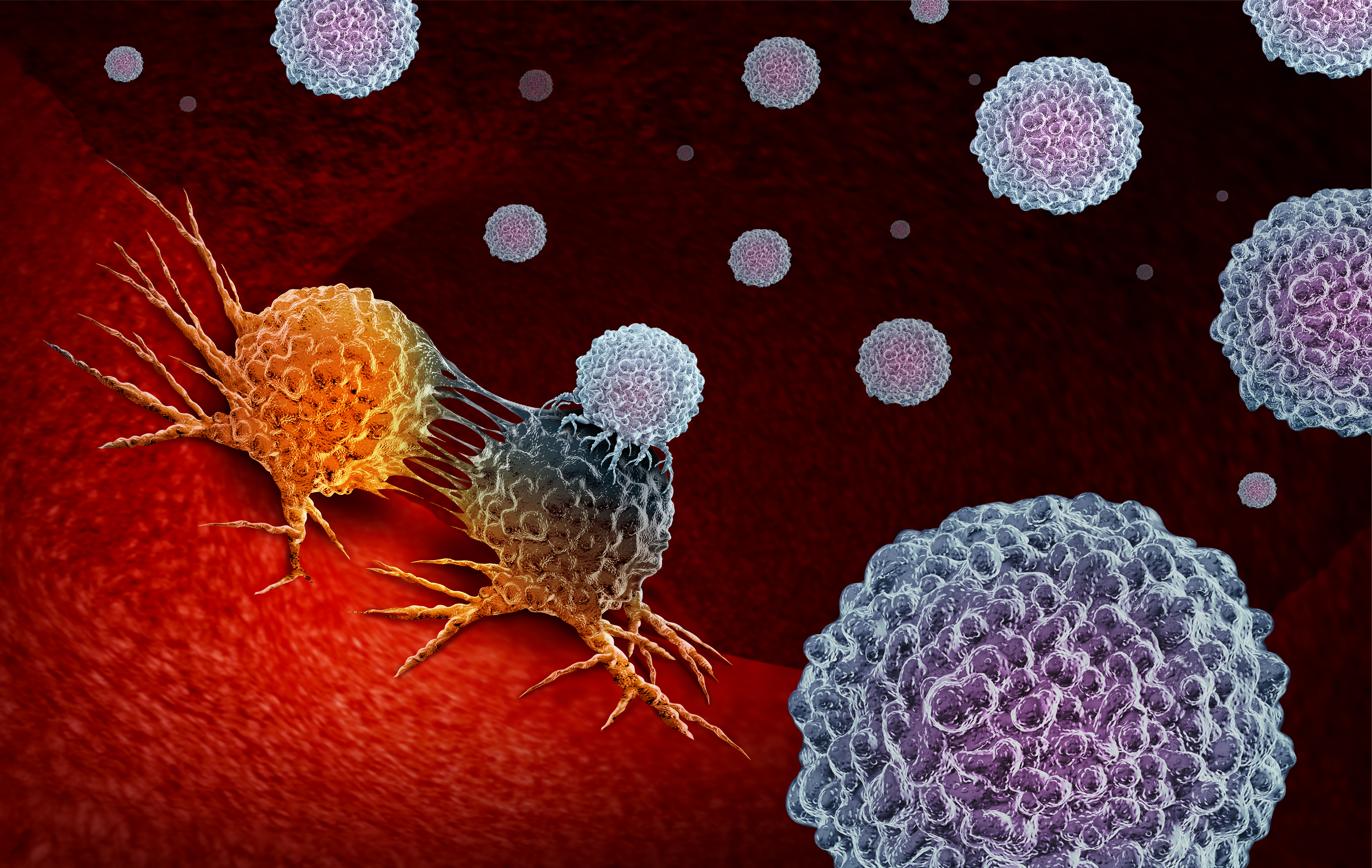What is cell-free DNA?

What is cfDNA?
Cell-free DNA, or cfDNA, are fragments of DNA found circulating in the bloodstream. Doctors can use cfDNA to help inform medical plans for many conditions, including pregnancy, cancer, and organ transplants.
Where does cfDNA come from?
DNA is the genetic information found in each cell in our body that tells the cell how to function. As part of normal, healthy maintenance, cells routinely break down and die to make room for new cells. When this happens, the components of the cell, including its DNA, are released into the bloodstream. The fragments of DNA circulating in the bloodstream make up a person’s cfDNA.
With new DNA sequencing technologies, cfDNA has become increasingly medically important. Testing cfDNA can help doctors evaluate various health conditions through a standard blood draw. For example, when a person is pregnant, their doctor can order a cfDNA test to screen the pregnancy for specific genetic conditions that may require additional testing or treatment. After cancer diagnosis, cfDNA testing can be used to help guide treatment decisions as well as monitor for relapse. In organ transplant patients, cfDNA testing can help assess the risk of transplant rejection.
What is cell-free DNA testing?
cfDNA can be evaluated in different ways. For instance, cfDNA can be analyzed for genetic variations called single nucleotide polymorphisms (SNPs) or single nucleotide variants (SNVs). These genetic variations are like a molecular fingerprint and can be used to help identify cfDNA information unique to a pregnancy, tumor, or donated organ.
What does cfDNA test for?
Doctors can learn many things about a patient’s health from cfDNA. For example, cfDNA testing during pregnancy, called noninvasive prenatal testing, or NIPT, helps inform if a pregnancy is at high or low risk for certain genetic conditions that may require additional testing, monitoring, or early infant treatment. For cancer patients, cfDNA tests can monitor cfDNA from the tumor after surgery to help develop treatment plans. Testing can also be used to help to detect relapse and to evaluate if treatment is working. Organ transplant recipients can receive cfDNA testing to help evaluate the risk for transplant rejection. In all cases, cfDNA testing is a safe and noninvasive procedure for patients.
Natera’s cfDNA tests
Natera is a pioneer in cfDNA testing. Our technology analyzes cfDNA for unique SNPs and SNVs that enable cfDNA differentiation between patient and pregnancy, tumor, or donor organ. This allows the most relevant cfDNA information to be analyzed. We utilize our extensive experience in molecular technology and proprietary artificial intelligence to help support personalized medical care.
Natera’s first cfDNA test, Panorama™, is a leading NIPT screen with more than 3 million pregnancies tested and counting. As early as nine weeks in pregnancy, Panorama can provide screening for multiple genetic conditions that may benefit from additional prenatal testing or early treatment after birth.
Natera’s cfDNA test for oncology, Signatera™, was the first personalized assay developed to track and monitor cell free DNA derived from a patient’s tumor. This test can help detect if cancer is still present after treatment, help evaluate if treatment is working, or help determine if the cancer is recurring.1,2
Natera’s newest cfDNA test, Prospera™, helps assess whether a patient is at risk of experiencing organ transplant rejection.
Natera™ is a global leader in cell-free DNA (cfDNA) testing, dedicated to oncology, women’s health, and organ health. We provide clinically validated cfDNA tests to help each person understand their unique molecular biology and support more informed health care decisions. For more information please visit natera.com
References
1Reinert T, Henriksen TV, Christensen E, et al. Analysis of Plasma Cell-Free DNA by Ultradeep Sequencing in Patients With Stage I to III Colorectal Cancer. JAMA Oncology. 2019;5(8):1124-1131.
2Coombes C, Page K, Salari R, et al. Personalized Detection of Circulating Tumor DNA Antedates Breast Cancer Metastatic Recurrence. Clinical Cancer Research. 2019;25(14):4255-4263.
